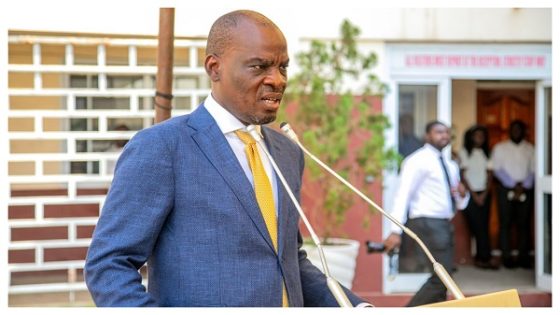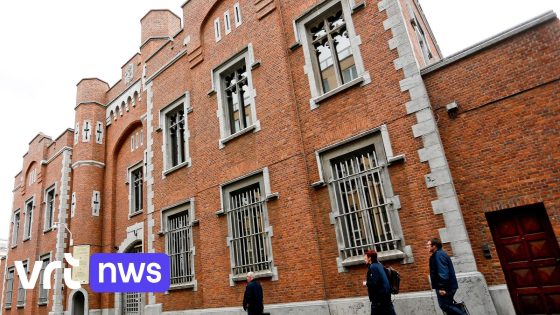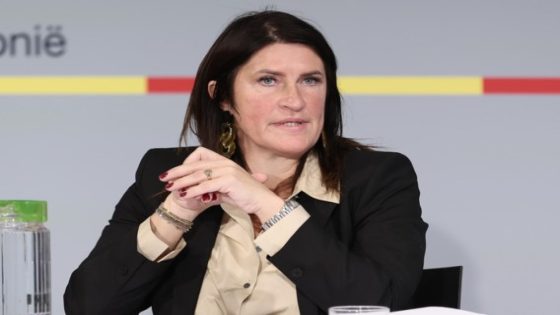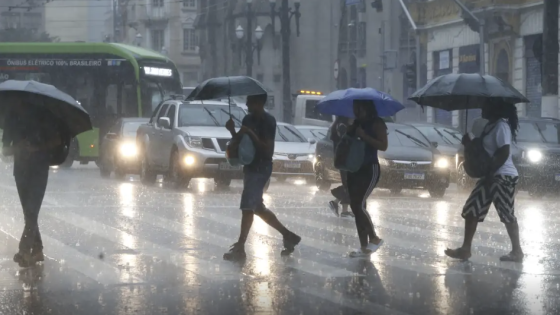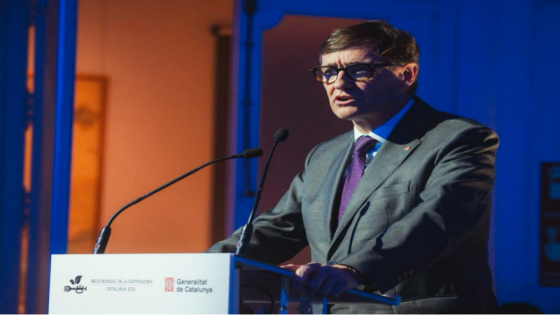The recent intervention by Minister of Education, Haruna Iddrisu, has led to a significant reduction in academic fees at the University of Ghana. On February 6, 2025, discussions between university management and the Students’ Representative Council (SRC) resulted in a revised fee increase of 25%, down from the initially proposed 50% hike. Is this a win for students facing financial challenges?
- Minister mediates UG fee increase discussions
- SRC opposes 50% fee hike proposal
- Agreement reached to reduce increase to 25%
- Vice-Chancellor acknowledges students' concerns
- GTEC directed to ensure compliance with regulations
- Emphasis on due process in fee adjustments
Education Minister Haruna Iddrisu’s Role in Fee Negotiations at UG
How can effective communication lead to better outcomes in education? Haruna Iddrisu’s mediation between the University of Ghana and the SRC showcases the importance of dialogue. The SRC argued that the original fee hike was too steep, especially for first-year students. By facilitating discussions, Iddrisu helped both parties reach a compromise that eases the financial burden on students.
Impact of the Fee Reduction on University of Ghana Students
The decision to lower the fee increment will have a positive impact on students at the University of Ghana. With the new fee structure, students can better manage their finances, allowing them to focus more on their studies rather than financial stress. This change reflects a growing trend in higher education to prioritize student welfare.
Key Points of the Fee Reduction Agreement
The agreement reached during the discussions included several important aspects:
- The fee increase was reduced from 50% to 25%.
- First-year students will now pay GH¢2,500 instead of GH¢3,000.
- Continuing students will see a reduction in additional fees.
- GTEC will ensure compliance with the Fees and Charges Act.
Future Implications for Higher Education in Ghana
This successful negotiation sets a precedent for future discussions on educational fees. It emphasizes the need for universities to consider student feedback seriously. As education costs rise globally, similar approaches may be necessary in other institutions to ensure accessibility and equity in education.
Conclusion: A Step Towards Affordable Education
The intervention by Haruna Iddrisu is a significant step towards making education more affordable for students in Ghana. By prioritizing student concerns, the government and university management can work together to create a more accessible educational environment. What other measures can be taken to further support students in their academic journeys?



